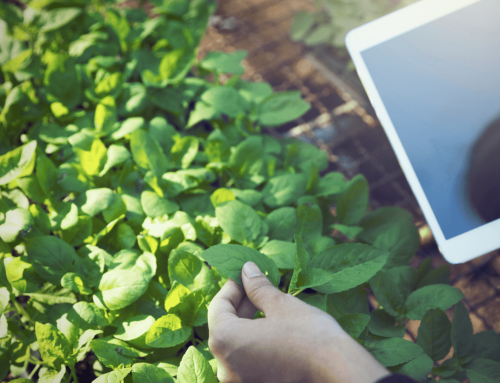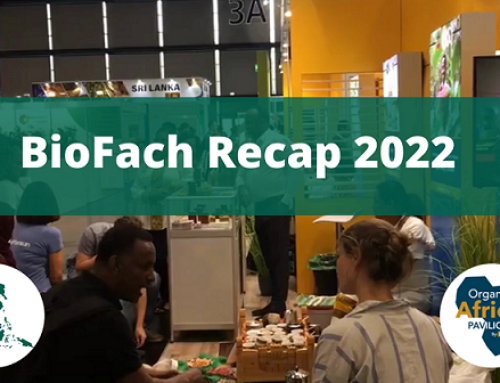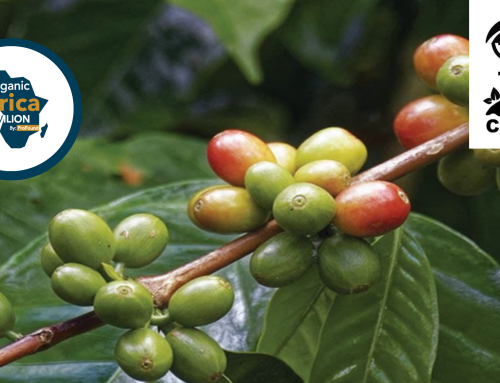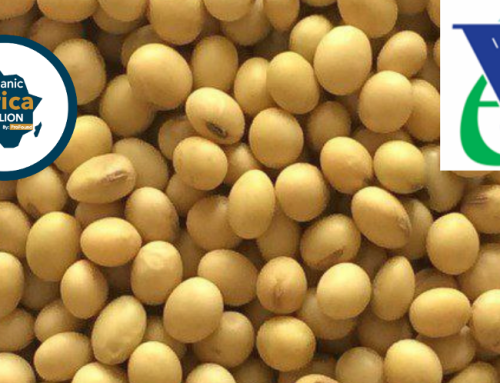On the 8th June, Nepalese exporters of a range of natural ingredients, including Nepalese essential oils such as jatamansi, valerian, juniper, chamomile, and mentha partook in an online matchmaking event. Our event was part of ProFound’s work with UK-based NGO called TRAFFIC, who are promoting the sustainable cultivation and export of wild-harvested Nepalese ingredients.
Our Work on Nepalese Essential Oils
Over the last two years, we have been working with TRAFFIC, FairWild, and ANSAB to ensure the longevity of Nepalese essential oils by implementing sustainable trade practices and resource management. Our project’s backbone is the FairWild Standard. The FairWild Standard outlines a set of principles for the fair treatment of harvesters, processors, and producers as well as fair treatment and protection of the natural ecosystems in which the ingredients grow.
However, there are barriers to export for one of the Nepalese essential oils, jatamansi. Nardostachys jatamansi, or more commonly known as jatamansi, is currently listed in Appendix II of CITES. What does this mean? Simply put, the CITES appendix prohibits the trading jatamansi in European markets because the plant is considered to be endangered. Although jatamansi is popular in traditional Chinese medicine (TCM) and Ayurveda, European companies struggle to get their hands on it. The matchmaking event provided a platform for companies to discuss challenges, opportunities and areas of collaboration for the dismantling of this barrier.
The cultivation of the plant and collaboration with the producers and harvesters are pivotal areas of focus for the long-term sustainability and trade of jatamansi. In order to reverse the unfavorable law on its trade, a range of stakeholders must collaborate to implement good agricultural practices. These efforts can be shared with European governments. Increasingly, governments who willing to reverse the law if the right evidence of cultivation and conservation can be provided.
Whether this year or in 5 years, jatamansi will be a natural ingredient you can find at European trade fairs such as In-Cosmetics and Biofach – and eventually, in your perfumes.








Leave A Comment